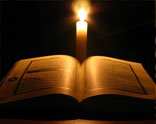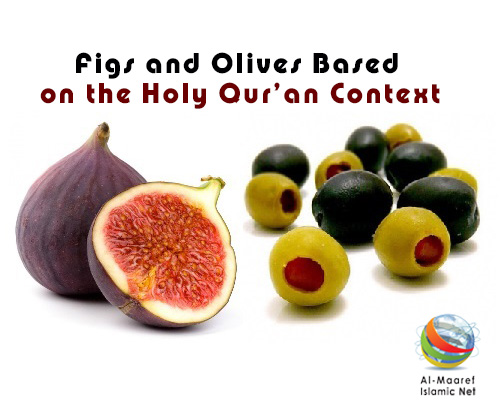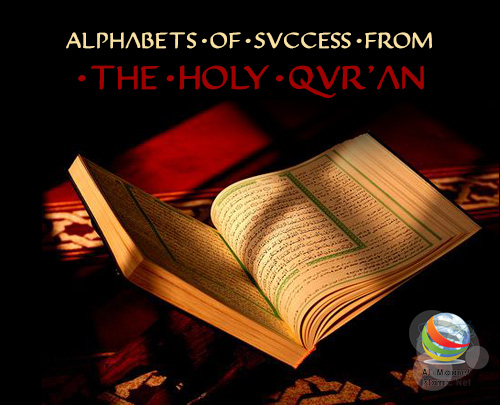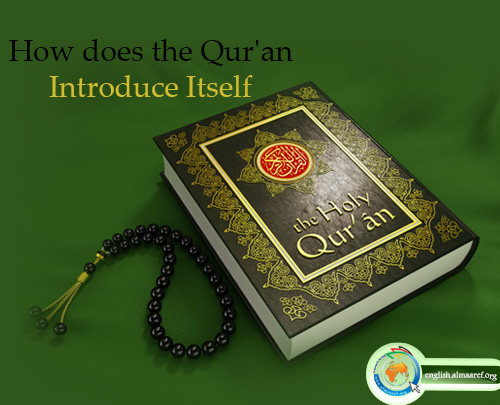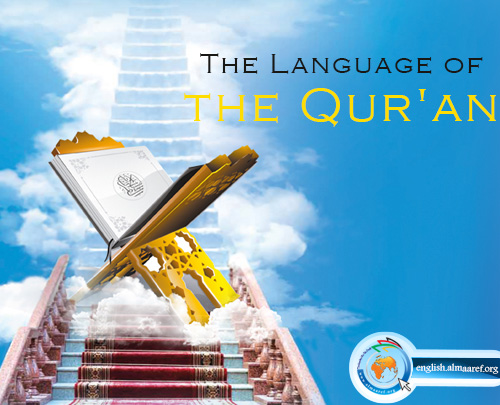The study and knowledge of the Quran is essential for every learned person as well as for all faithful believers. It is specially essential for those scholars who are interested in the study of man and society, since this book has been effectively instrumental not only in moulding the destinies of Islamic societies, but also in shaping the destiny of the human race as a whole. A brief glance over history would be enough to provide sufficient proof of the claim that there has been no such book that has ever influenced human societies to the magnitude of the Quran. It is for the same reason that the Quran automatically steps into the precincts of sociological discussions, and becomes the elemental constituent of the subjects of research in this discipline. This means that any deep study and profound research in the field of world history of the last fourteen hundred years, is impossible without the knowledge of the Quran.
The study of the Quran is essential for every committed Muslim, since it is the main source and foundation of the religious thought and faith. Whatsoever gives meaning, essence and sanctity to his existence lies in the Holy Quran.
The Quran is not just like other religious books which are content to discuss the problems of existence of God and creation in cryptic tones, or like those which merely convey a series of simple moral advice and counsels, so that those who believe in them are hopelessly left to search for guidance in other sources. Unlike such books the Quran formulates the tenets of faith besides communicating the ideas and views that are essential for a man of faith and belief. Similarly, it also lays down the principles of moral and ethical values for the purpose of social and familial existence. It leaves the job of explanation, interpretation, and occasionally that of ijtihad and application of principles (usul) to secondary matters (furu') to be dealt with through ijtihad and sunnah. Accordingly, utilization of any other source depends on the prior knowledge of the Quran. The Quran is the criterion and standard for judging all other sources. We should judge hadith and sunnah in the light of the Quran. We can accept it only when it is in accordance with the Quran, otherwise we do not accept it.
There are four more books that come after the Quran, and are regarded as the most sacred and the most authentic sources (by the Shi'ah Muslims). They are: Al-Kafi, Man la yahduruhu al-faqih, Tahdhib, and Istibsar. There are also other sources like the Nahj al-Balaghah, and the prayers of al-Sahifah al-Sajjadiyyah. All these books are secondary to the Quran, and their authenticity of source is not so absolute as that of the Quran. A hadith from al-Kafi is as trustworthy as it may be in conformity with the Quran, and reliable so far as its words comply with the teachings of the Quran and do not go against it. The Prophet (peace be upon him and his household) and the infallible Imams have said that their traditions should be checked in the light of the Quran; if they do not coincide with the words of the Quran, they should be regarded as false and fake, and as being wrongfully attributed to them; since they have not said anything that can go against the Quranic teachings.
* Uniqueness of the Quran, "Understanding the Uniqueness of "The Quran". By Murtada Mutahhari.


